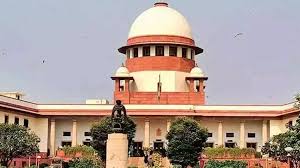Section 29 – Finance Acts
Amendment of section 111A In section 111A of the Income-tax Act, in sub-section (1), with effect from 23rd day of July, 2024,— (a) for the long line occurring before the first proviso, the following shall be substituted and shall be deemed to have been substituted with effect from the 23rd day of July, 2024, […]
